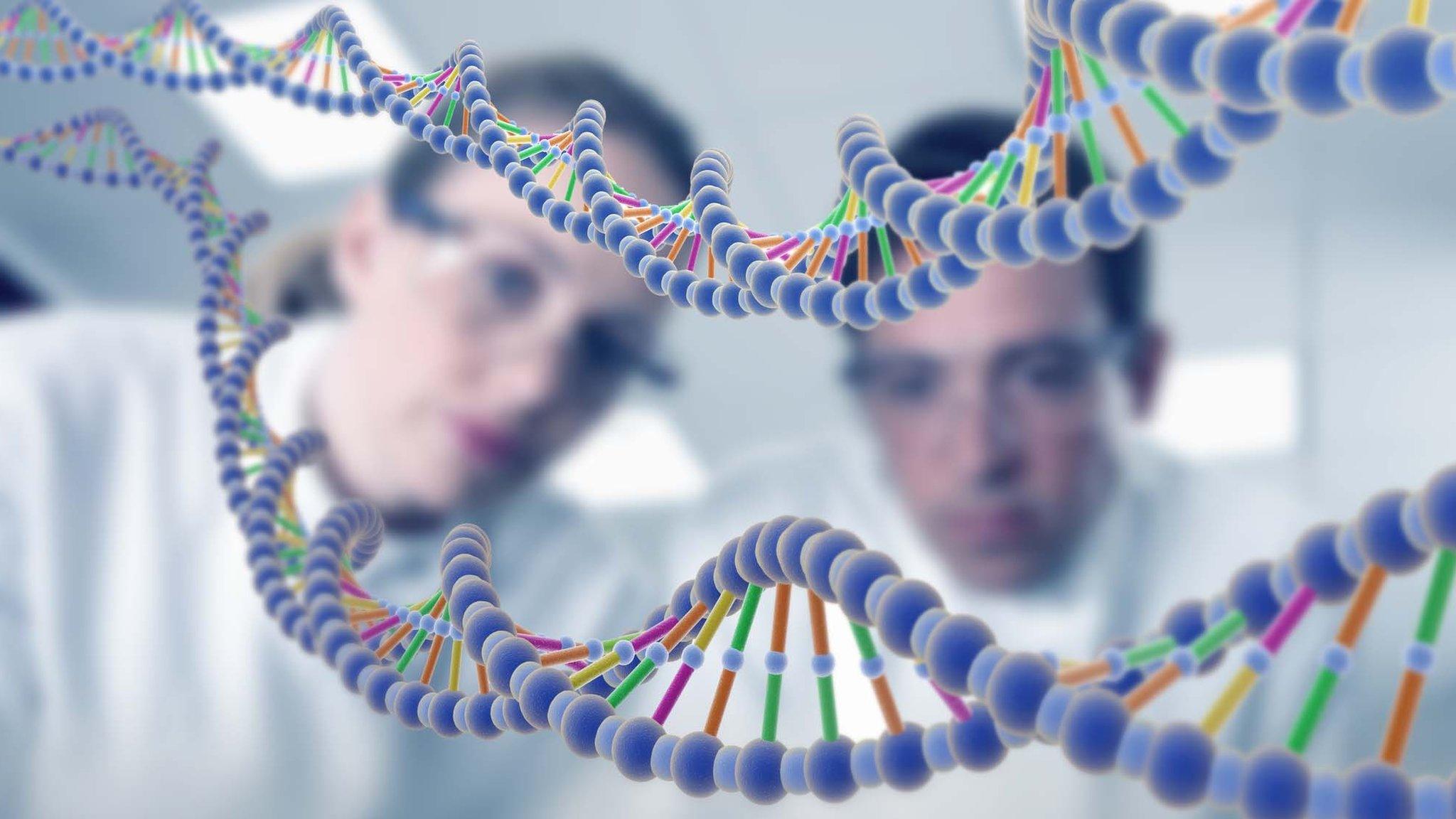Sexual assault victim whose DNA was used to arrest her sues San Francisco
- Published
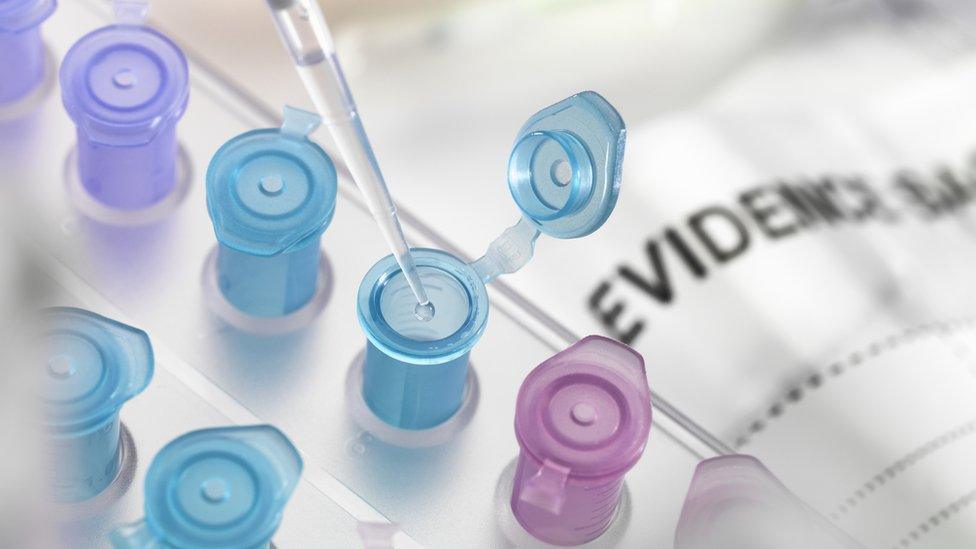
A sexual assault victim whose rape kit DNA was later used by police to charge her with a crime is suing San Francisco and its police chief.
The woman - whose name is being kept secret - provided a DNA sample to police in 2016 after her assault, a court filing says.
But police kept that DNA on file without consent and checked the entire database when investigating crimes.
The woman was arrested last December but charges were later dropped.
Her legal filing says police had a "standard practice" of putting the DNA of victims of crime into a permanent database - without the victims knowing.
"Law enforcement officers test the victims' DNA for matches in every subsequent criminal investigation in which genetic material is recovered without any reasonable basis to suspect the victims are in any way connected to these completely unrelated crime scenes," her lawyers write.
"[She], a sexual assault survivor, was re-victimised by this unconstitutional practice."
The legal filing argues that the woman - known only by the pseudonym Jane Doe - probably had her DNA tested thousands of times over the course of six years.
In the aftermath of her sexual assault, she agreed to have a DNA sample taken to help the investigation - but officers led her to believe it would not be used for any other reason, the court documents say.
A rape kit is a container of items used to collect forensic evidence.
The woman is suing the city and county of San Francisco, the police chief, employees at the crime lab and dozens of other unnamed defendants.
The ordeal caused the woman stress, fear, anxiety and a loss of dignity, her lawyers say.
"This is government overreach of the highest order, using the most unique and personal thing we have - our genetic code - without our knowledge to try and connect us to crime," her lawyer told the Associated Press news agency.
The case first emerged earlier this year, prompting outrage at the use of a sexual assault victim's DNA in other investigations.
When the state district attorney learned about the circumstances behind the DNA evidence he dropped the charges, and San Francisco's police chief said he would change procedures to avoid it happening again.
California has also since passed a bill which would ban this kind of use of DNA in the state, though it is waiting to be signed into law by the governor.
Related topics
- Published4 August 2019
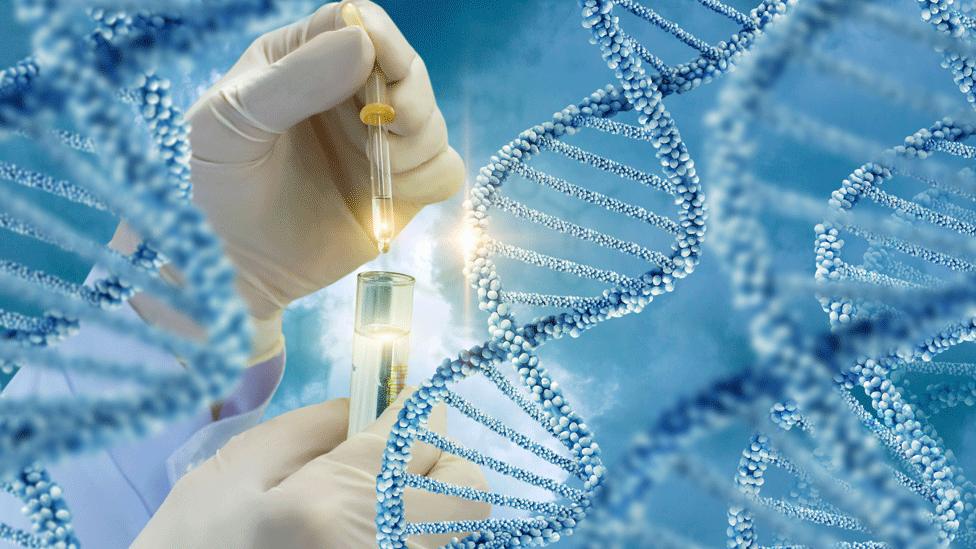
- Published17 May 2017
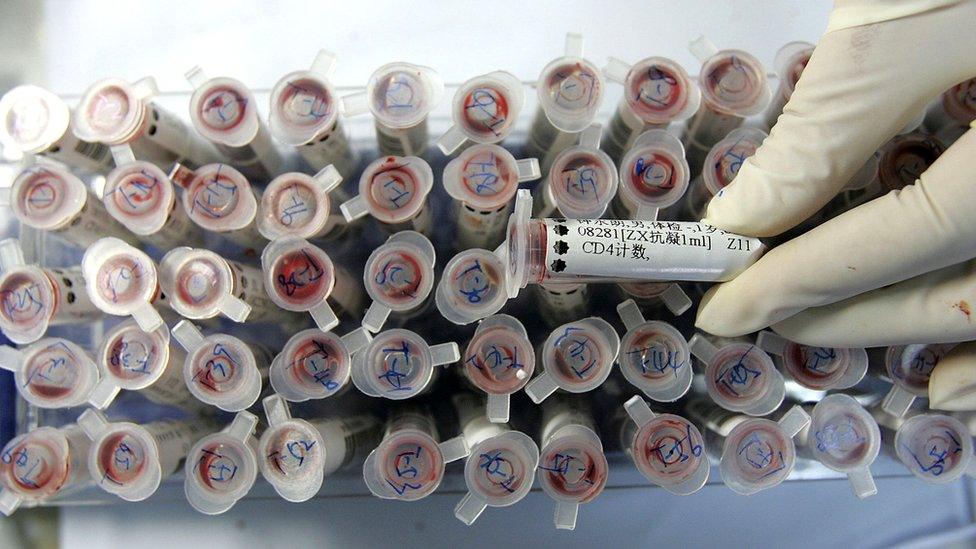
- Published3 October 2017
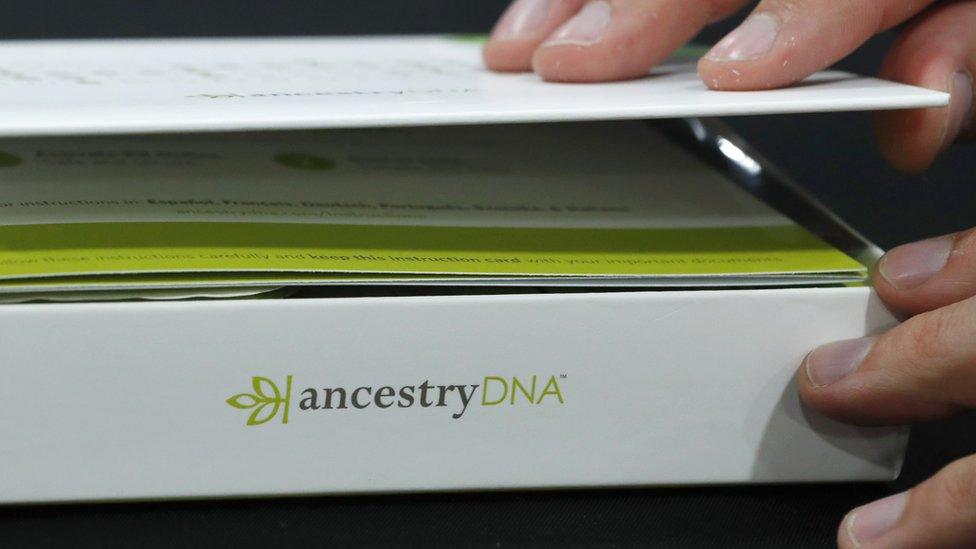
- Published22 September 2020
